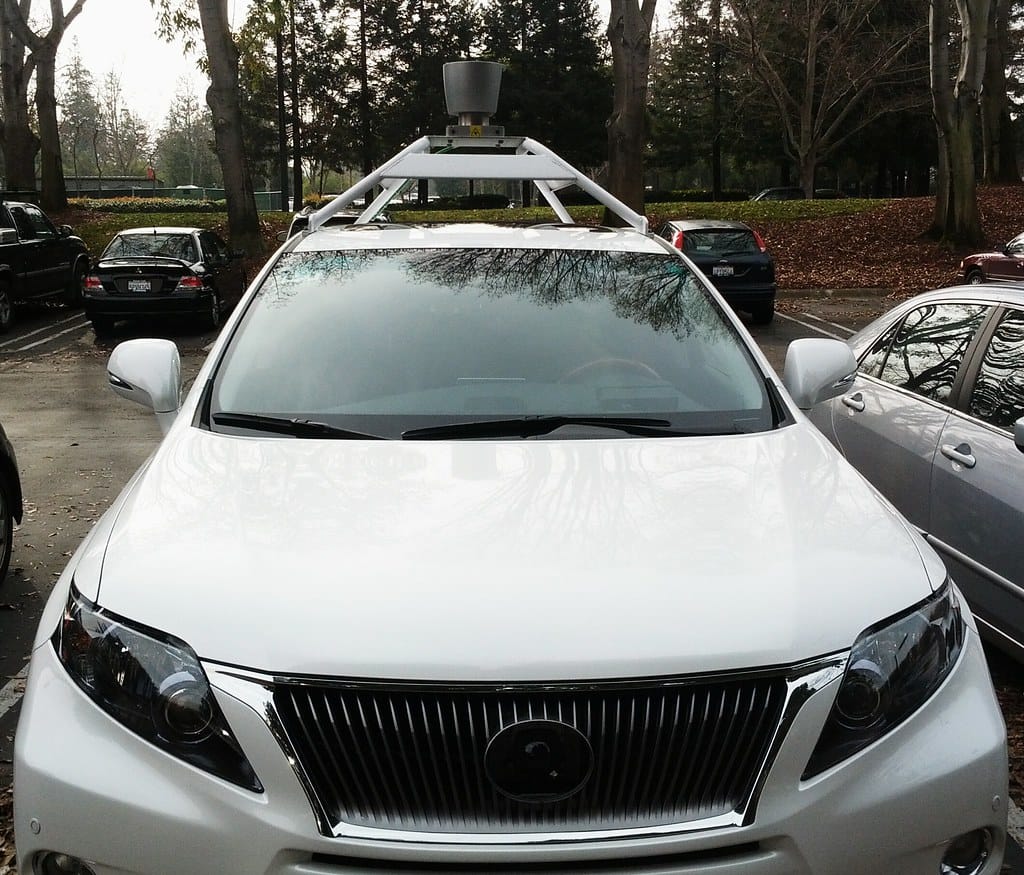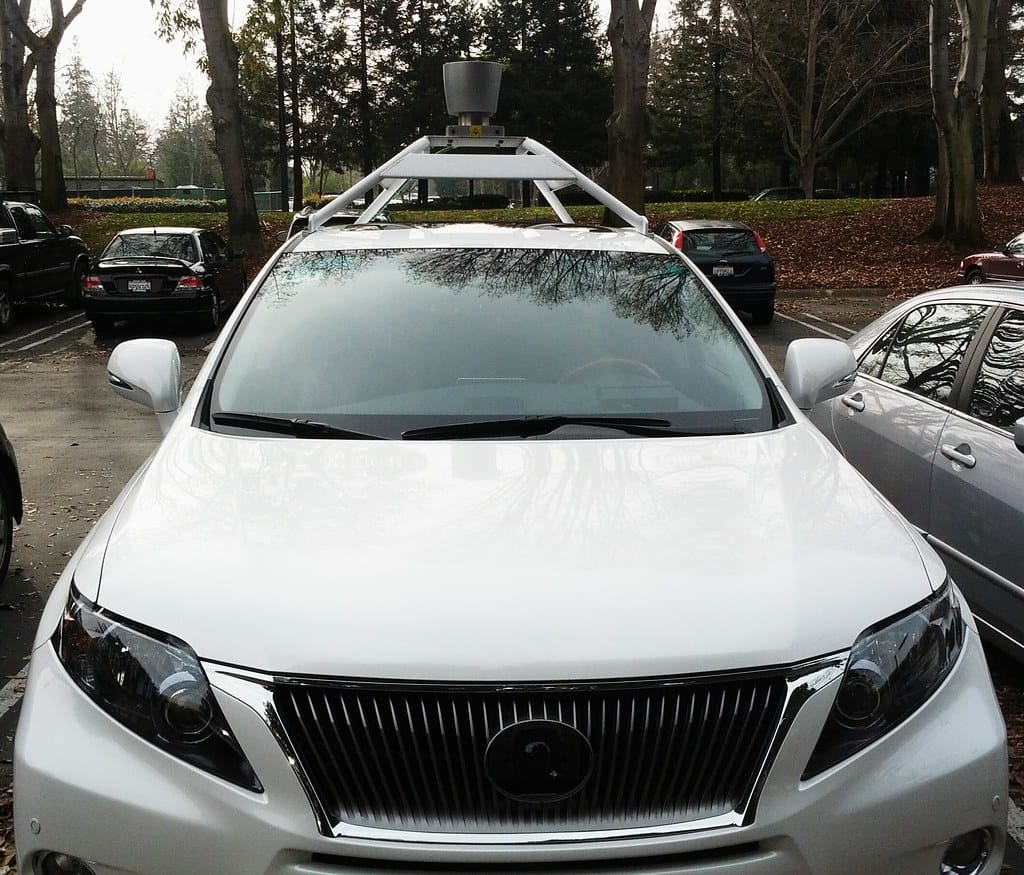Waymo Scores Major Victory: Self-Driving Cars Cleared for San Francisco Airport Routes
The autonomous vehicle pioneer has received regulatory approval to expand its robotaxi service to include trips to and from San Francisco International Airport, marking a pivotal moment in the commercial deployment of self-driving technology.
Waymo has achieved a significant milestone in the autonomous vehicle industry by securing approval from California regulators to operate its self-driving robotaxis to and from San Francisco International Airport (SFO). This development represents more than just an expansion of service—it's a crucial test case for how autonomous vehicles will integrate with critical transportation infrastructure.
Breaking Down the Regulatory Win
The California Public Utilities Commission (CPUC) granted Waymo the authorization to include airport service as part of its existing commercial robotaxi operations in San Francisco. This decision comes after months of regulatory review and demonstrates growing confidence in Waymo's safety record and technological capabilities.
Unlike typical city driving, airport routes present unique challenges that make this approval particularly noteworthy. Airport environments involve complex traffic patterns, designated pickup zones, security considerations, and coordination with existing transportation services. The fact that regulators are comfortable with Waymo navigating these complexities signals a maturation of autonomous vehicle technology.
What This Means for Travelers
For passengers, Waymo's airport service could transform the San Francisco travel experience. The service promises several advantages over traditional transportation options:
- 24/7 availability without surge pricing during peak travel times
- Consistent service quality unaffected by driver availability or traffic conditions
- Transparent pricing with upfront fare calculations
- Enhanced safety features through advanced sensor technology and defensive driving algorithms
The timing couldn't be better, as SFO handles over 57 million passengers annually, making it one of the busiest airports in the United States. Even capturing a small percentage of this market represents enormous potential for Waymo's commercial expansion.
Industry Implications and Competition
This approval positions Waymo ahead of competitors in the race to commercialize autonomous vehicles. While companies like Cruise (which temporarily suspended San Francisco operations following safety incidents) and others continue to face regulatory scrutiny, Waymo's steady expansion demonstrates the value of its conservative, safety-first approach.
The airport approval also validates Waymo's broader strategy of gradually expanding service areas rather than attempting rapid, widespread deployment. This methodical approach appears to be paying dividends with regulators who have become increasingly cautious about autonomous vehicle operations following various industry incidents.
Technical Challenges Overcome
Operating at airports requires autonomous vehicles to handle scenarios rarely encountered in typical city driving. These include navigating complex multi-level pickup areas, following specific traffic patterns mandated by airport authorities, and coordinating with air traffic control systems that can affect ground transportation timing.
Waymo's vehicles must also integrate with SFO's existing technology infrastructure, including real-time flight information systems that help optimize pickup timing for arriving passengers. This level of integration demonstrates the sophisticated coordination required for autonomous vehicles to succeed in specialized environments.
Economic Impact and Market Potential
The financial implications extend beyond Waymo's immediate revenue potential. Airport transportation represents a high-value market segment, with travelers typically willing to pay premium prices for reliable, convenient service. Success in this market could provide the revenue foundation needed to expand autonomous vehicle deployment to other cities and use cases.
Moreover, this development could accelerate adoption of autonomous vehicles by demonstrating their viability in high-stakes, high-visibility environments. Airport success stories often influence broader transportation policy decisions and public perception.
Looking Ahead: The Road to Mainstream Adoption
Waymo's airport approval represents a critical stepping stone toward mainstream autonomous vehicle adoption. By proving their technology works in complex, regulated environments like airports, autonomous vehicle companies can build the track record needed for broader deployment.
The success or failure of this airport service will likely influence regulatory decisions in other major cities where Waymo seeks to expand. It also sets a precedent for how autonomous vehicles can integrate with existing transportation infrastructure rather than simply replacing it.
The Bottom Line
Waymo's San Francisco airport service approval marks a watershed moment for the autonomous vehicle industry. It demonstrates that self-driving technology has reached sufficient maturity to handle complex, high-stakes transportation scenarios while satisfying stringent regulatory requirements.
For travelers, this development promises more reliable, accessible airport transportation. For the industry, it provides a crucial proof point that could accelerate the broader adoption of autonomous vehicles across various transportation segments. As Waymo begins serving SFO, the entire transportation industry will be watching to see how this ambitious expansion unfolds.

